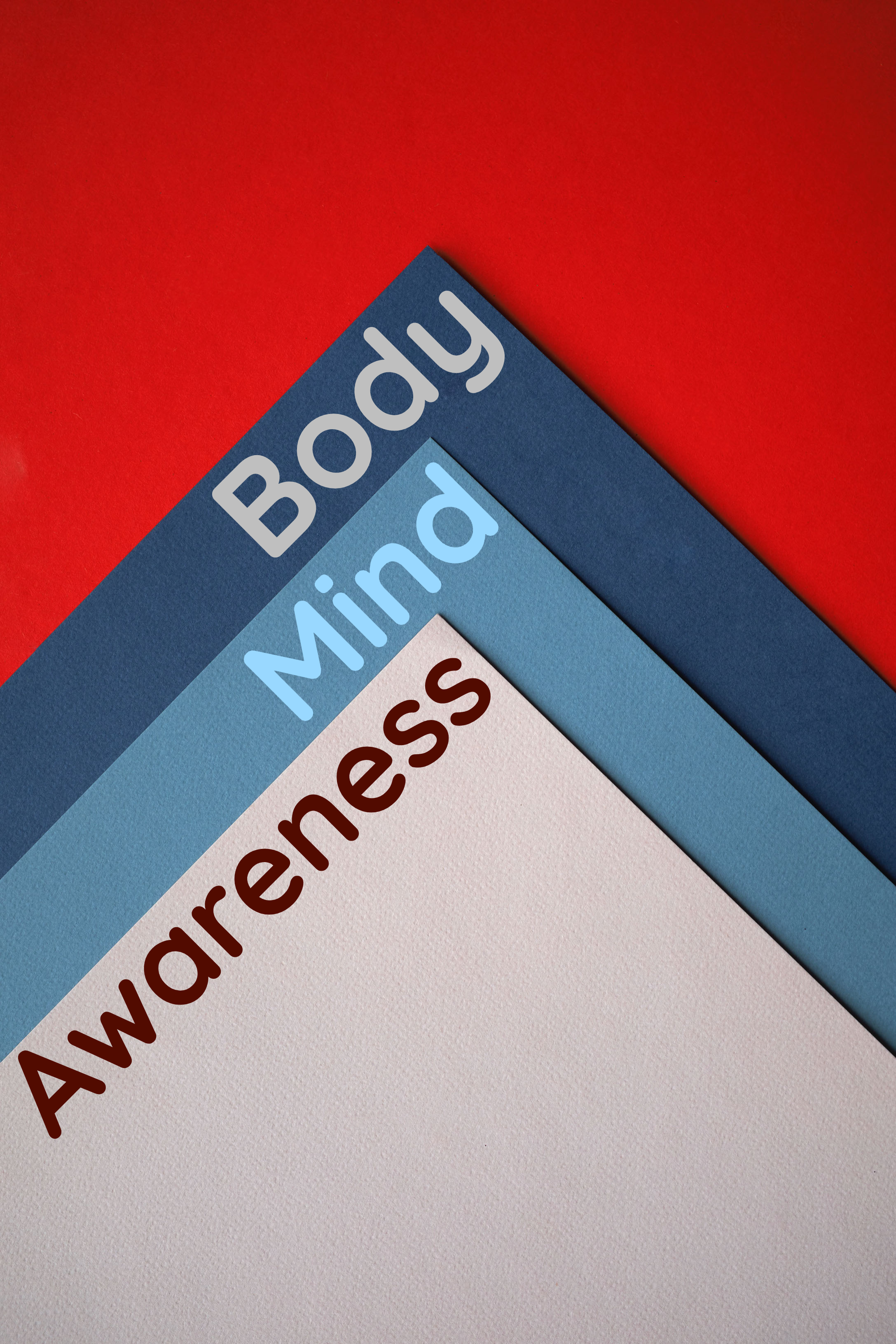The psychology of pain. What it teaches us.
The human body is very fragile. For instance, the body cannot survive the extremes of high and low pressure, just a few hundred feet underwater or several thousand feet above sea level, respectively. Through the body, we experience both pain and pleasure. Physical pain and discomfort reflect the fragility of the body. In the body, pain serves as a signaling mechanism to bring our attention to a part that may not be functioning optimally. In most circumstances, with appropriate diagnosis and treatment, physical pain is self-limited.
Psychological pain has a very different flavor. The suffering it brings is highly subjective, and unlike the body, it is may not be self-limited. Psychological pain increases, getting a renewed lease of life long after the inciting event, each time we revisit such experiences through our thoughts.
Smoke from a burning forest cannot be confined only to one part of the sky. It is free to spread wherever the wind goes. Similarly, when we encounter a feeling of deep pain in the mind, we cannot confine it to one place in the mind. The mind cannot be physically compartmentalized. Like smoke that diffuses into the air, the emotions associated with pain spread everywhere, contaminating every corner of the mind.
We can pinpoint the source of physical pain and control, contain, or mask it with medications. However, we cannot easily contain psychological distress once it floods the mind. It recurs, and we may not be able to identify its source. It is somewhere deep within ourselves. We may pretend it does not exist but surfaces unannounced.
Psychological pain causes significant suffering, which can either break or motivate us to find a way out. We take life for granted when everything is running smoothly in our lives. Suffering shows us the value of life without pain or misery.
When there is psychological pain, we cannot be in oneness with others. The contributors to psychological pain may be external, while the reason for the persistence of such pain is internal. Adverse life experiences compound the problem.
Psychological pain creates a division between the heart and the mind. The mind is representative of the individualized self, and the heart is representative of the universal existential self. Every individual's mind is one of a kind, while the heart is the same in all beings. We fight through the mind and unite through the heart. When we don't or cannot have a sense of oneness with others, it results in the loss of spontaneous joy.
When two people who consider themselves enemies confront each other, they may be very far away from each other in their minds, while they continue to breathe the same air in each other's presence. Words reach the deepest parts of the mind, while the air we breathe reaches the deepest parts of the body. Air does not differentiate between one living entity and another. It is the most apparent correlate of oneness.
In the mind, the ego is the recipient of psychological hurt. It also inflicts injury on others. Whether we are recipients or the instigators of psychological harm, separation grows. When we are the recipients of psychological pain, there is an immediate loss of oneness with others. When we inflict psychological pain, we propagate this separation.
The ego keeps us confined to the mind and in the division between what we are and what we think we should be now or in the future. The more the distance between what we are and what we believe should be in the future, more significant is the pain and suffering.
The simple answer to the question of how to reduce psychological suffering is to get rid of the ego and consequently, the feeling, "I am suffering." However, it is easier said than done. The ego will not permit us to end our relationship with it just like that.
When we are in psychological suffering, there is a 'suffering self' and an 'observing self.' The ego aligns with the 'suffering self' and awareness aligns with the 'observing self.' It is rare to find someone in 100% psychological suffering 100% of the time. The time and intensity of suffering are not constant. There are other aspects for the ego to deal with other than the 'suffering self.' Through all this, the 'observing self' is a continual presence. It never changes.
The more we align with the 'observing self,' the more we willingly let go. Letting go is a form of forgiveness, not only forgiving others from the standpoint of the ego but also forgiving the ego itself. It is one of the most powerful things we can do. Through forgiveness, we can calm the ego without a confrontation and move towards the 'observing self.' Psychological pain lasts as long as the ego is the dominant 'self.'
Any time psychological pain arises, we should immediately identify the 'suffering self' as being apart from us, and remain a witness through the 'observing self.' This will contain the spread of pain through the mind. It may not change external circumstances that may have or continue to contribute to psychological suffering, but the unease we feel as a result will significantly decrease.







